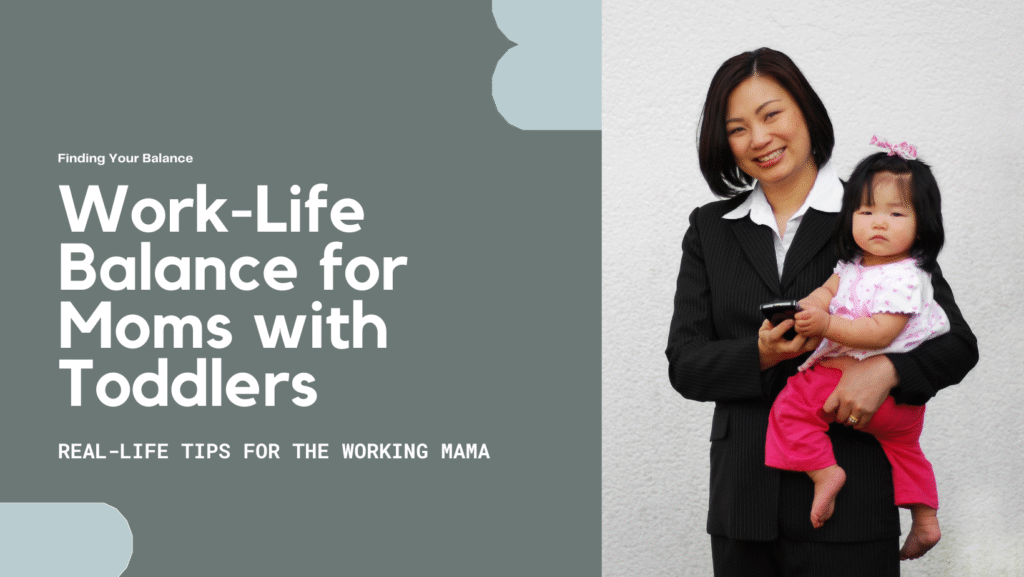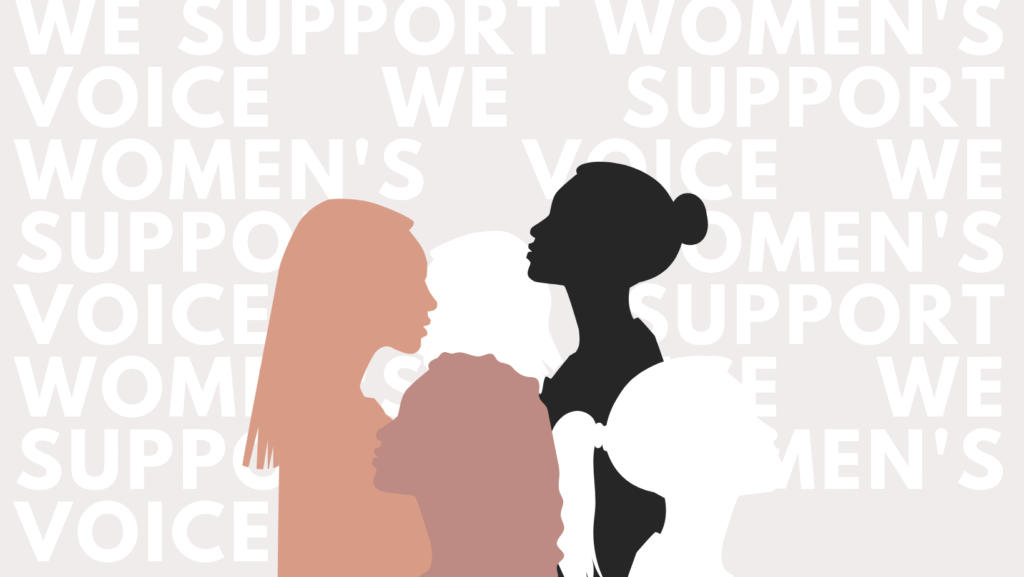What Is Depression?
Depression is a common but serious mood disorder that can affect the way a person feels, thinks, and functions in daily life. It often involves persistent feelings of sadness, hopelessness, or loss of interest in activities once enjoyed (American Psychiatric Association, 2022).
Depression impacts emotional, cognitive, and physical well-being—and when left untreated, it can interfere with relationships, work, and overall quality of life.
Signs and Symptoms of Depression
Emotional Indicators
- Persistent sad, anxious, or “empty” mood
- Feelings of hopelessness, worthlessness, or guilt
- Irritability or frustration, even over small matters (American Psychiatric Association, 2022)
Cognitive Changes
- Difficulty concentrating, making decisions, or remembering details
- Recurrent thoughts of death or suicide (National Institute of Mental Health, 2024)
Physical and Behavioral Signs
- Fatigue or decreased energy
- Changes in appetite or weight
- Sleep disturbances (insomnia or hypersomnia)
- Psychomotor changes (slowed speech or movement)
- Social withdrawal and loss of interest in previously enjoyable activities
Treatment Options for Depression
Effective treatment for depression is often a personalized combination of therapy, medication, and lifestyle changes.
Medication
Antidepressants such as SSRIs or SNRIs may help balance brain chemistry and relieve symptoms (Geddes & Miklowitz, 2013).
Psychotherapy
- Cognitive Behavioral Therapy (CBT): Helps identify and reframe negative thinking patterns while developing coping skills (Beck, 2011).
- Interpersonal Therapy (IPT): Focuses on improving communication and resolving relationship conflicts that may contribute to symptoms (Weissman, Markowitz, & Klerman, 2000).
Lifestyle and Self-Management
- Regular physical activity and balanced nutrition
- Consistent sleep routines
- Mindfulness and relaxation techniques such as meditation, prayer, or deep breathing
Supporting Clients and Families
Depression doesn’t just affect one person—it can influence the entire family system. Supporting loved ones through depression requires patience, education, and empathy.
Education and Awareness
- Learn about depression to reduce stigma and normalize seeking help.
- Encourage open dialogue and use empathic listening: “I hear that you’ve been feeling overwhelmed. That makes sense given what you’ve been through.”
Structured Routine
- Create a daily schedule that includes self-care, social connection, and enjoyable activities.
Crisis Preparedness
- Develop a safety plan with coping tools, emergency contacts, and crisis resources.
Family Involvement
- Provide psychoeducation to improve understanding of depression and medication management.
- Balance support with autonomy—encouraging recovery while respecting independence.
Self-Care for Caregivers
- Join a support group, seek counseling when needed, and maintain healthy personal boundaries to prevent burnout.
Resources for Support
National Alliance on Mental Illness (NAMI)
Education, support groups, and advocacy
NAMI: Depression
National Institute of Mental Health (NIMH)
Research-based information and treatment options
NIMH: Depression
Mississippi Department of Mental Health
Local treatment resources and crisis lines
Find Services
Crisis Text Line
Free, 24/7 support: Text HOME to 741741 (U.S.)
The Well: Family Support
Therapy for individuals, families, and groups
thewellms.org
Final Thoughts
Depression is not a sign of weakness—it’s a treatable condition that deserves compassion and care.
With therapy, support, and the right tools, healing is possible.
If you or someone you love is struggling with depression, we’re here to help. Visit thewellms.org to connect with a therapist and take the next step toward recovery.
References
American Psychiatric Association. (2022). Diagnostic and statistical manual of mental disorders (5th ed., text rev.; DSM-5-TR). https://doi.org/10.1176/appi.books.9780890425787
Beck, J. S. (2011). Cognitive behavior therapy: Basics and beyond (2nd ed.). Guilford Press.
Geddes, J. R., & Miklowitz, D. J. (2013). Treatment of bipolar disorder. The Lancet, 381(9878), 1672–1682. https://doi.org/10.1016/S0140-6736(13)60857-0
National Alliance on Mental Illness. (2024). Depression. https://www.nami.org/About-Mental-Illness/Mental-Health-Conditions/Depression
National Institute of Mental Health. (2024). Depression. https://www.nimh.nih.gov/health/topics/depression
Weissman, M. M., Markowitz, J. C., & Klerman, G. L. (2000). Comprehensive guide to interpersonal psychotherapy. Basic Books.
Mississippi Department of Mental Health. (n.d.). Find services. https://www.dmh.ms.gov/




